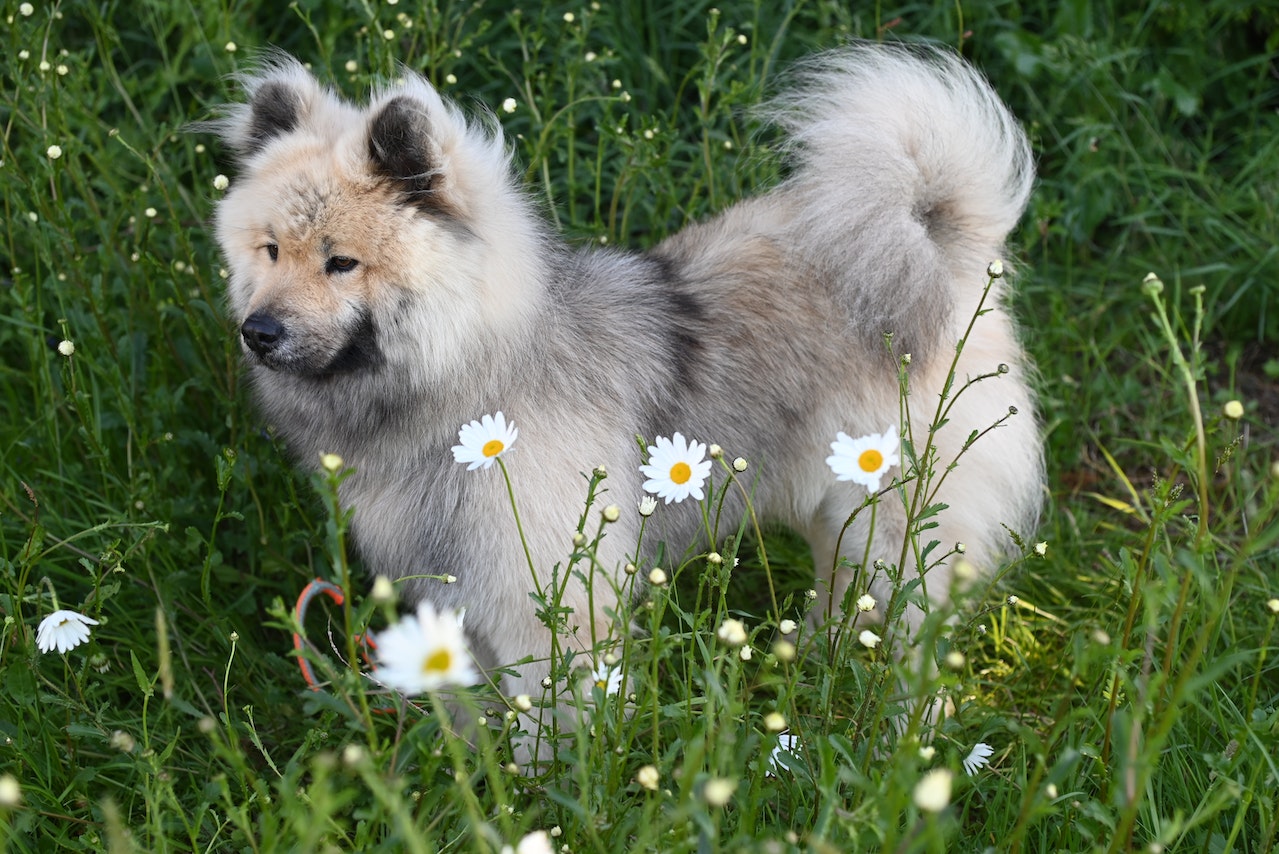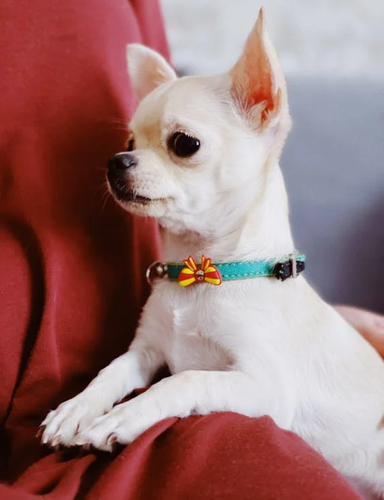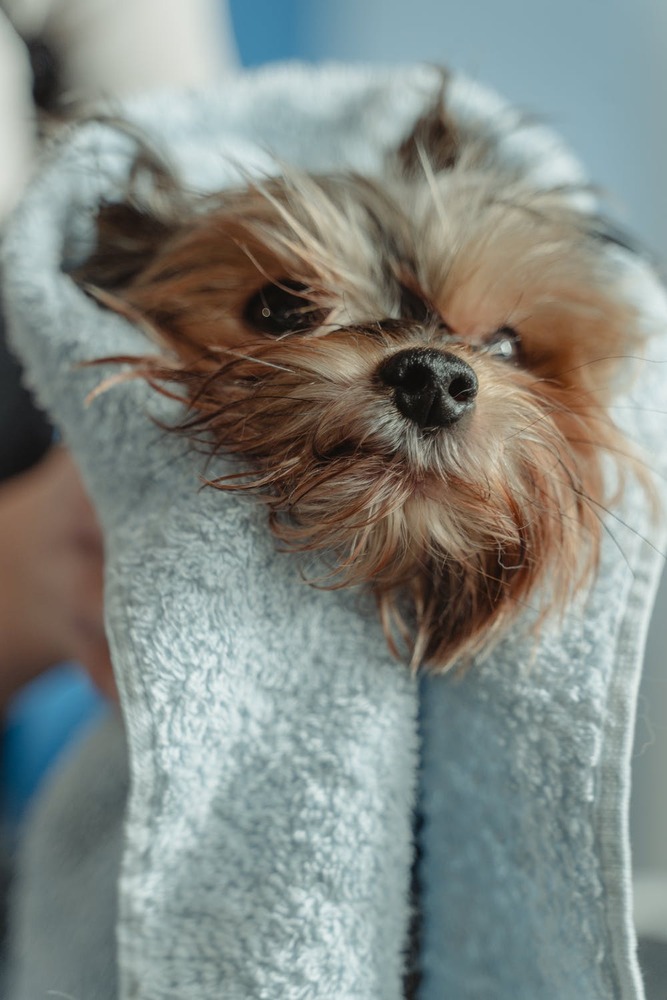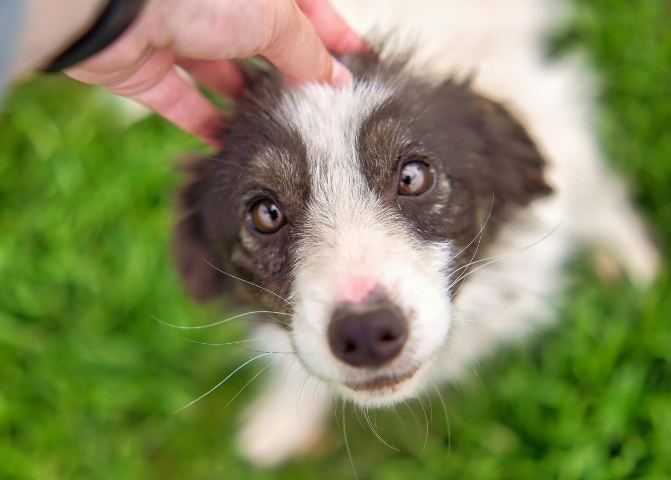
Getting a puppy is a great experience that brings a lot of excitement, joy and impatience in your life. Handlers are eager to welcome their little paw friend to its new family. Taking care of our pets is a life-time responsibility, but similar to humans dogs require special cares during their pup phase. At such a young age puppies have not developed their immune system yet and are more prone to different kinds of infections. Hence, we need to be very thoughtful in regard to the environment where the pup will be raised.
Dogs are natural explorers and are eager to investigate their surroundings as detailed as possible. Since it is a natural dogs’ instinct to explore, you may want to walk your pup outside and give it the opportunity to gain experience.
In this article we will let you know what age is considered safe for pups to go outside, what are the reasons for that and what you should pay attention to during this age phase.
Can puppies go outside right after you brought them home?
No, it is not recommended that you let your new pup walk outside. There are many viruses transmitted from one dog to another and even a harmless walk in the park nearby, may expose your pup to serious health diseases like parvovirus and distemper. Pups obtain their initial immunity through maternal milk. It includes colostrum, which contains antibodies. The immunity developed through nursing usually lasts a few weeks, and it generally depends on the immunity of the mother. If it is strong, the antibodies in the pup may last up to 3 months. Hence, this initial immunity is not permanent and puppies need to go through vaccinations before being exposed to environment potentially dangerous for them due to viruses. Until your puppy gets all the core vaccinations, it is not recommended that you walk it outdoor.
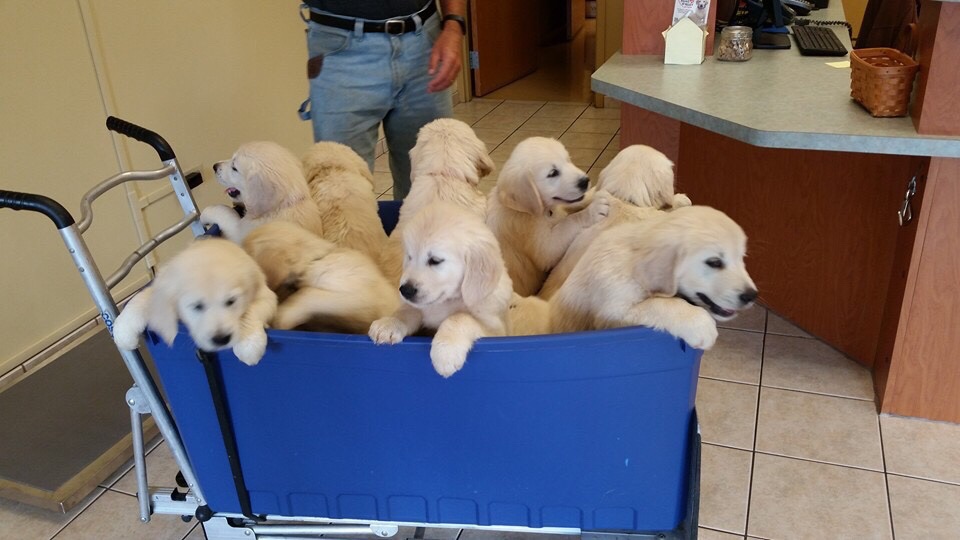
When will your pup be ready to go outside?
It is recommended that puppies go outside at the age of 14-16 weeks after the third vaccination booster has been made. Usually, the vaccination schedule is as follows:
• first vaccination- 6-8 weeks;
• second (booster) vaccination- at the age of 10-12 weeks;
• third and final puppy vaccination at the age of 14-16 weeks;
• annual veterinarian checks and vaccinations as needed;
To be fully vaccinated is really important for pups as they need to be protected when exploring the world outside and meet other animals. In some of our previous articles, we talked about the importance of socialization for pups in order to become well-behaved and confident adult dogs. Hence, some of you may ask if this kind of age restriction can affect the socialization skills of your dog. Actually, you can start socializing your pap step by step before the age of 14-16 weeks. However, there are some factors, that you need to consider before doing it.
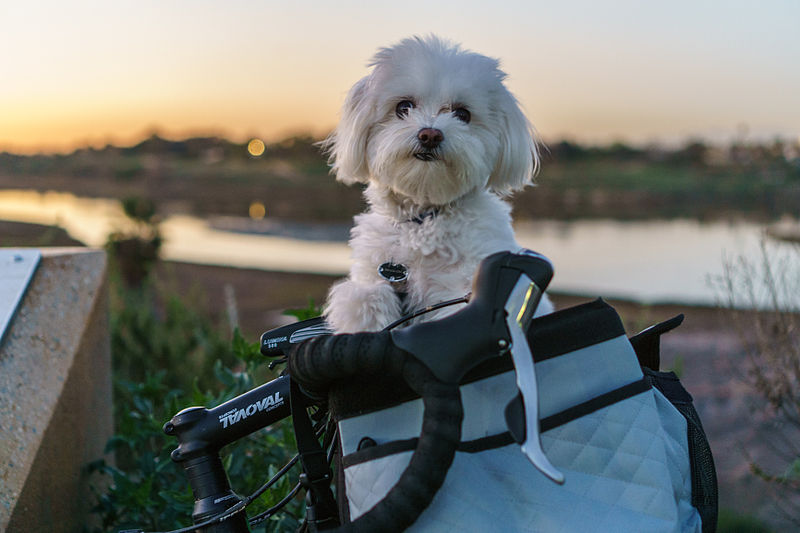
How to properly socialize a pup and what places are safe to visit before the age of 14-16 weeks?
After the first vaccination shot at the age of 6-8 weeks, you can walk your pup in safe locations, where it is not likely to catch a virus.
Yard
For those of you who live in a house, the yard offers a great opportunity for your pup to spend some time outside. Furthermore, you will be able to use it as a safe place to conduct pup training sessions. The age of 8 weeks is considered a suitable age for pups to be trained in basic social and obedience skills. Of course, difficult tasks, especially those that require physical strength must be avoided, as the bone structure has not been developed yet. You need to start the training process at home and gradually move to the yard, which represents a new environment, with a little more distractions, but still safe and controlled. Also, you need to ensure that other animals do not have access to the yard. Fenced yards are considered a safer option.
Family members and friends
Socializing your puppy with family members and friends is important for developing its social skills. It would be even better if you can meet it with people of different ages so that it can get used to adults, teenagers, and children as well. You may arrange meetings with friends, who also have dogs, but keep in mind that the dogs must be fully vaccinated up to date. It is also recommended that the dogs you meet your pup with have a friendly, calm, and stable temperament. Avoid dogs with behavioral issues who may affect your pup negatively and cause stress.
Take it for a ride
If you can not resist the idea to show your pup the bright world, you can take it for a ride. Riding your pup in a bike basket offers it the opportunity to see new places without being exposed to risk. There are different bike baskets on the market, designed with pockets and two leashes for a safer ride. Some models are equipped with a bike hood, that can be put on if the weather gets rainy or windy.
Carry your pup
Going to the park, the bus station, or the dog food shop with your pup before all vaccination shots have been made, may hide a risk. Hence, similar to riding on the bike, you can hold your pup and carry it. That way it will get used to new places and people, but will not touch the ground.
Even when you take your pup to the veterinarian for the regular checks and vaccines you may want to carry it, as many other animals constantly go in and out of the premises.
At home
During the period before your pup gets 14-16 weeks old, it will spend the most time at home. You can try to make its new home as comfortable as possible. Keep in mind that it may need a few days to adapt after being separated from its mother. A warm cozy bed and plush toys are likely to make it feel safe and relax quicker.
Proper socialization of dogs during the puppy phase plays an important role in the development of important skills. However, you need to be careful and responsible especially during the puppy stage, and not bring your new paw friend to places where viruses can be spread. Wait until all vaccination shots are made and consult your veterinarian for additional medical advice.




